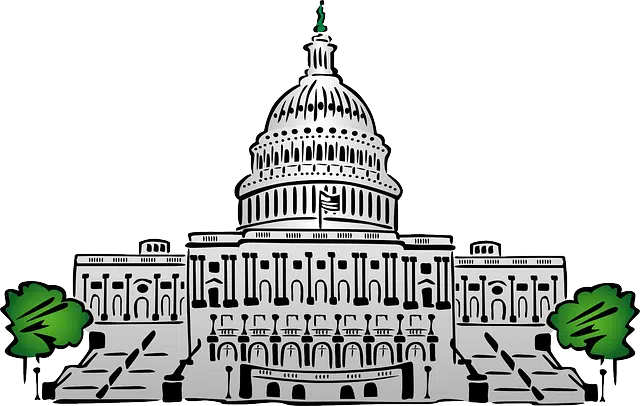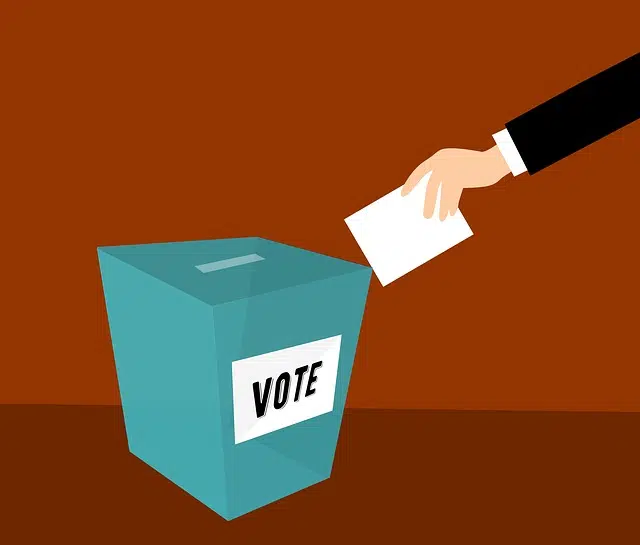
The government of a country has the political power to administer the State and lead society.
The word government refers to the development of State power and/or leadership leadership in general . According to the theory, a government is defined as the body that, as recognized by the Constitution , assumes the responsibilities of the executive branch and concentrates political power to lead a given society . Generally, it is made up of a President or Prime Minister and a certain number of Ministers, Secretaries and other officials.
It is important to highlight that government does not mean the same as State : a government manages to come to power (in the case of democracy , through free elections), performs its task and retires, but the State always endures in the same way and is unalterable. against successive governments. In other words, it can be said that the government is a group where various bodies that guide a State come together, through which the state power governed and controlled by the legal order is reflected.
Forms of government
History indicates that the first governments were formed in the tribe, with the intention of efficiently coordinating human resources . Over the years, the government function would end up being segmented into three branches: the Executive Branch , which acts as a coordinating entity; the Legislative Branch , in charge of generating the laws and regulations that govern life in a certain territory; and the Judiciary , whose task is to ensure compliance with said laws and regulations.
Among the different forms of government , we can mention democracy (where, through mechanisms of direct or indirect participation, the people elect their representatives) and monarchy (where the supreme office of a State is for life and is usually appointed to through a hereditary order).

In a democracy, elections are the mechanism that allows a political party to access the government.
Access to power and method of leadership
The ways in which a government assumes its mandate can be diverse. In the case of a republic, it is decided through suffrage , all citizens vote to choose the best candidate to occupy the position; In the case of monarchies, the position is achieved through ties of blood or divine will. If it is a de facto government, the position is taken by force by a group that believes that the current government is not doing its job well.
The term also refers to the method through which a political group directs a people. To govern a society, this group uses legitimately constituted state bodies to make laws and put them into practice.
Debates about the ideal government
Throughout history, multiple theories have been made about which is the most recommended form of government and different options have been tested. Theorizing which individuals are the most suitable to hold the supreme position in power.
In Ancient Greece, Plato claimed that there were six possible forms of government and that among all of them, some of them extremely corrupt such as oligarchy, was timocracy (a concept that he devised) and that it referred to a type of transitional government that It was between traditional forms of government and ideal ones.
For Aristotle, the aspects that needed to be analyzed to understand whether a government was advisable or not were whether the fundamental objective of the government lay in seeking the common interest or its own. He proposed the monarchy as an ideal government because although it was a "well-off" government, its primary purpose was to achieve stability and social harmony.
The vision of Machiavelli and Saint Thomas
Later, Machiavelli would state in his work "The Prince" that all the governments that had existed up to that point were republican or principalities and that possibly no ideology could be considered ideal, unless it could merge the good principles of the other forms. . That is, he proposed a type of mixed government , where monarchy, aristocracy and democracy coexisted in this way, the powers of each of them would control the exercises of the others and prevent abuses, if necessary.
For his part, Saint Thomas , affirming medieval theories, affirms that the ideal government should be one where power is concentrated in a single person, as the human body is governed by a single soul, and a single god governs the Universe. This concept is flatly opposed to anarchy , however it ensures the people's right to political arbitrariness, in case the monarch does not correctly carry out his mandates.
Constitutional and anti-constitutional governments
As we have said previously, a constitutional government is governed by a series of laws issued by legitimately chosen organizations. They have the characteristic that several parties run for elections and are elected fairly. The party that receives the most votes will head the government, the rest of the parties will occupy different percentages in the chamber of deputies and senators, so that power is divided equally and there is no monopolistic government. Furthermore, the government must adhere to existing laws and be accountable for all actions it takes. These requirements convert the State into a democratic entity of law. These governments include the presidential, parliamentary, or semi-presidential system of government.
A de facto government (dictatorships), for its part, is anti-constitutional because in order to exist it must ignore the laws that govern the harmony and coexistence of that society. These governments, therefore, do not represent the ideas of the people but of a small group of society that, through violence, removes the current ruler to take his place.
A de facto government can arise in several ways: through a coup d'état or by a revolution or other de facto procedure that is unrelated to the legal system.
As examples of this type of government we can mention that of Franco in Spain during the Civil War of 1936, in Algeria during the time of Independence and in Latin America in countries such as Chile and Argentina in the 1970s.
